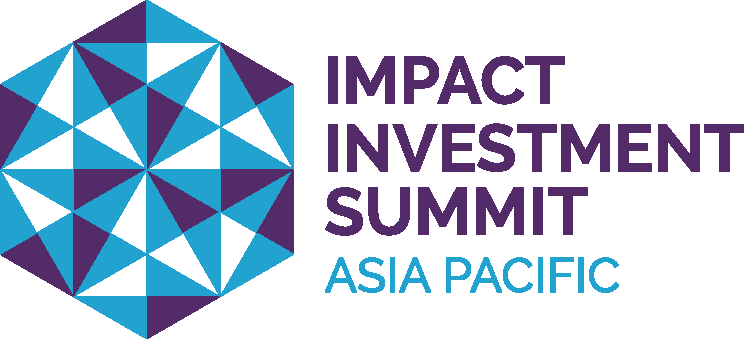Australian Financial Review – Michael Bailey
Investing for a social as well as financial return is what will save capitalism, according to former Swisse boss Radek Sali, who wants his next ‘impact’ investment to be a mobile app that can help award workers get paid fairly.
Mr Sali made $250 million when Swisse, a vitamin company, was sold to Hong Kong’s Biostime for $1.7 billion in 2015.
He set up a family office, Light Warrior, which has since backed a range of socially-conscious investments. These include bonds that Mr Sali said had bankrolled 1,933 aged care beds and 933 affordable housing units in the United States, funded rooftop solar installations on private schools throughout Melbourne, and backed youths getting off the dole in NSW, all while achieving net returns that had “quite regularly” met a commercial target of 7 to 12 per cent on an annualised basis.
“Capitalism and democracy are under fire around the world, and as business leaders we need to do more to show that capitalism can be a force for good, that is capable of focusing on people as well as profits,” said Mr Sali, who next week will address the annual Impact Investment Summit in Sydney alongside former foreign affairs minister Julie Bishop, and Macquarie banker turned social investor Michael Traill.
“The fact we’re competing in global markets against dictatorships that operate capitalism, can muddy the waters. Impact investing is a big chance for western democracies to show that you can have the benefits of a market economy but care about the people, too.”
Mr Sali is even hoping to turn what has become his most notorious investment, a majority stake in the restaurant empire of celebrity chef George Calombaris, into a force for social good.
The reputation of Calombaris’ Made Establishment, which includes 15 restaurants including the Jimmy Grants casual Greek chain, is quite the opposite at the moment.
In April 2017, about three months after Sali bought out all of Calombaris’ other investors, it self-reported to the Fair Work Ombudsman (FWO) a $2.6 million underpayment to workers over the previous six years – a shortfall which ultimately blew out to $7.8 million.
Mr Sali repaid most of that money from his own pocket, two years before the FWO made its final determination on the matter in July (fining Made a further $200,000), and admits he is well underwater on the investment.
“We’re on the down curve of the hockey stick but we’re turning it around,” he said.
However the 43-year-old is hopeful he might yet profit from the incident, and get workers a better deal into the bargain.
He said Light Warrior would seriously consider investing in an app which could be fed data from all the different industrial award rates applying in Australia – there are 60 within Made alone – and allow workers to input the award that applies to them, and their hours worked, to calculate what they should be getting paid.
“We need to empower employees with information,” he said.
“An app wouldn’t fix the complexity but at least it would start conversations. By being the first to self-disclose, Made has hopefully started a shift to a level playing field where everybody’s paying their workers correctly.”
The public had a part to play by accepting such a change would add to the cost of their food.
“Whether its complying with awards, or offering Uber Eats, the public must be prepared to help pay for that – it comes back to you can’t just focus on profits without considering people,” he said.
That ethos of impact investing is one Mr Sali hoped to spread by encouraging more superannuation funds to offer a proactive “impact” investment choice option to members.
“The socially responsible options that are out there, excluding tobacco and coal and so on, are fine but they’re a dime-a-dozen and they’re not encouraging innovative solutions,” Mr Sali said.
He also called on small-to-medium businesses to consider becoming “B Corporations”, an international standard requiring companies to meet measurable social impact goals alongside their traditional balance sheet.
